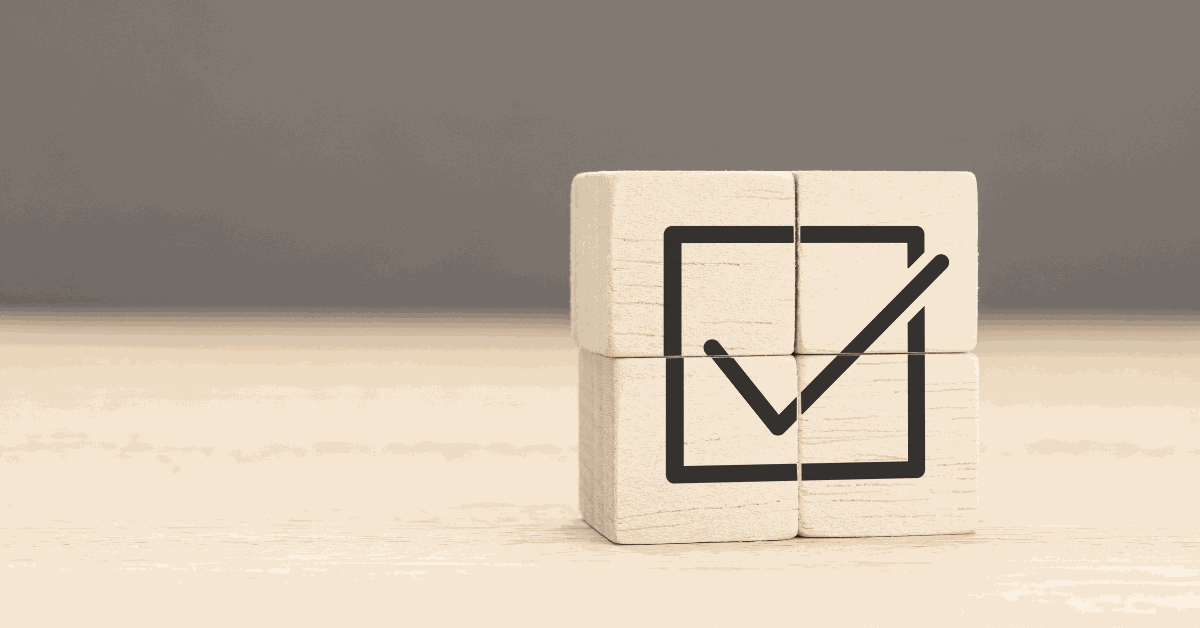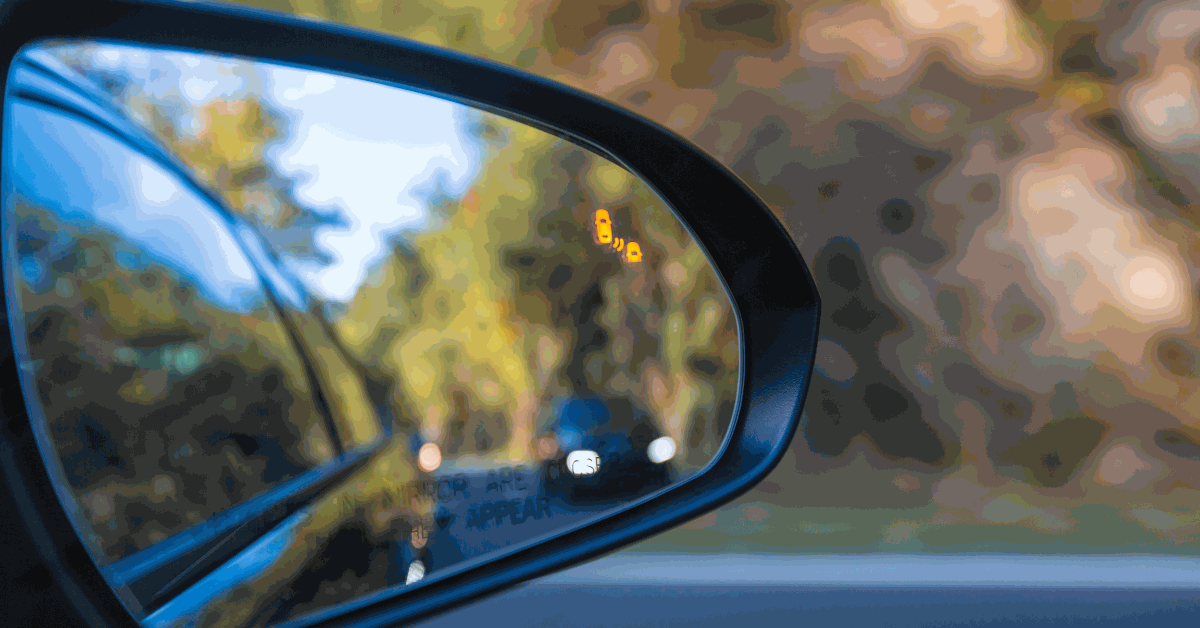Unlock the strengths and weaknesses of a case and help gain valuable data that can be used to drive critical decisions in settlement negotiations and trial strategy. Confirmatory litigation research, reflecting actual trial conditions, can provide specific and definitive information to help attorneys evaluate their evidence, themes, and witnesses.
In most cases, confirmatory research involves a mock trial where the objective is to predict what could happen at trial through rigorous scientific methodology and simulating the courtroom environment as much as possible. Understanding how particular case issues, themes, arguments, and evidence are likely to be viewed by a jury is instrumental in helping attorneys to make the necessary adjustments before trial.
Realistic mock trial simulations allow mock jurors to deliberate over a jury charge to scientifically predict liability and the potential range of damages. Litigation research from Courtroom Sciences can help defense attorneys assess their cases early and maximize settlement and verdict outcomes.
What are the essential components of a mock trial?
Crucial elements of a mock trial should include opening statements and closing arguments, and they should utilize the judge’s instructions with verdict form interrogatories. Overall, mock trial research should be more formal, trial-like, and rigorous in implementation. Utilizing such trial-like conditions is a critical factor in maximizing the predictive validity of the research.
Mock Trials Can Help Attorneys Determine if Jurors Understand the Main Case Theme
One key way that attorneys can leverage mock trials is to test how to get information across to the jury in the best way possible without confusing the jury or making them feel as if you are insulting their intelligence. In many cases, jurors must determine whether or not the parties involved are negligent and whether or not that negligence caused the damages. However, some cases involve additional technical or medical attributes, requiring jurors to have many different aspects that they need to take into consideration. In some instances, there is likely to be information or topics that jurors are unfamiliar with and areas where they will require attorneys to provide additional information.
It’s these cases in particular, where jurors are prone to be confused, where it becomes imperative to conduct a mock trial as it can take a significant amount of work to try and refine the points of a case. Ultimately, the goal is for attorneys to figure out how to get their point across clearly and concisely without talking down to the jurors. It’s often recommended to break down more complicated aspects to a high school or middle school level without being overly simplistic. While this may feel like walking a tightrope, attorneys can use feedback from the mock trial to help them determine the best approach to take.
Mock Trials Can Help Attorneys Identify the Right Expert Witness For Their Case
Expert witnesses can be a valuable tool in helping the jury understand the presented information, but that often means finding the right experts. When you’re looking for an expert, some may be leaders in their field, perhaps they’ve done the most research, or they have a notable achievement, but that doesn’t necessarily mean that they’ll be a great teacher, especially when it comes to working on the litigation with you.
Rather, the right expert witness should understand the more technical aspects of the case and how that technical knowledge fits into the other parts of the litigation. Ideally, these expert witnesses will grasp the point of their deposition or trial testimony and recognize the importance of delivering that information persuasively.
Jurors often seek somebody to help them with a tough case, someone who can be a coach or an ally. When the expert witness is someone who wants the jury to understand and goes out of their way and takes the time to testify about complicated concepts in a way that jurors can understand, the jurors may feel an emotional connection to that expert witness, causing them to believe in the expert witness’ credibility and attach more significance to your perspective in the case.
Mock Trials Help Attorneys Make Settlement Decisions
Mock trial results can provide attorneys and clients with a clearer picture of what a case is worth. With the trial rate in the United States at less than 3%, very few cases make it to trial. However, even if a case doesn’t go to trial, clients must have real data to make settlement decisions.
When conducted realistically and scientifically, the results from a mock trial can and should be utilized to scientifically predict liability and the potential range of damages. Oftentimes case valuations are calculated using gut instinct, previous experience, or jury verdicts and settlements obtained from online databases. Yet, these methods are inferior to a science-based confirmatory research approach that simulates trial conditions more faithfully, allowing for the potential of predictive validity. When done correctly, the results from the mock trial can be instrumental in settlement negotiations.
At Courtroom Sciences, we know that confirmatory litigation research, such as mock trials, can uncover invaluable information critical for achieving superior litigation outcomes. That’s why we use trial-like research setups for all of our research projects to ensure the highest level of predictive validity for our clients. Speak with one of our experts to get started.
Be confident in achieving superior litigation outcomes. CSI has the expertise, track record, and capabilities to help you win.



